Coronavirus UK: Rapid testing the ‘only hope’ to avoid second lockdown
Leaked documents have revealed UK Prime Minister Boris Johnson’s “only hope” of avoiding a second lockdown without a COVID-19 vaccine.
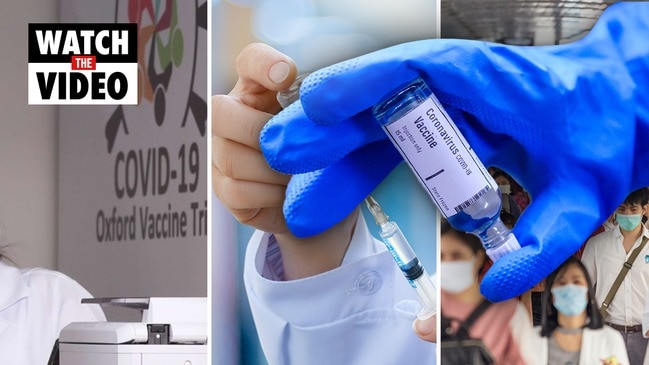
The UK is pinning its hopes of avoiding a second lockdown on “Operation Moonshot” – a rapid and far-reaching COVID-19 testing plan, according to leaked documents.
Papers seen by the Guardian state the Mass Population Testing Plan is a “top priority” for UK Prime Minister Boris Johnson and would deliver six million to 10 million tests a day, at a potential cost of 100 billion pounds (A$178.5 billion).
“The Prime Minister has tasked the Secretary of State for Health and Social Care with delivering a Mass Population Testing Programme, currently called Operation Moonshot, before the end of the year,” an extract from one document states.
“This is described by the Prime Minister as our only hope for avoiding a second national lockdown before a vaccine, something the country cannot afford.
“He would also like this to support the opening up of the economy and allow the population to return to something closer to normality.”
Some of the technology required within the moonshot program reportedly does not exist yet.
The BBC reports cases have risen in the last week from 12.5 infections per 100,000 people to 19.7 per 100,000 across the UK.
RELATED: Follow our live coronavirus coverage
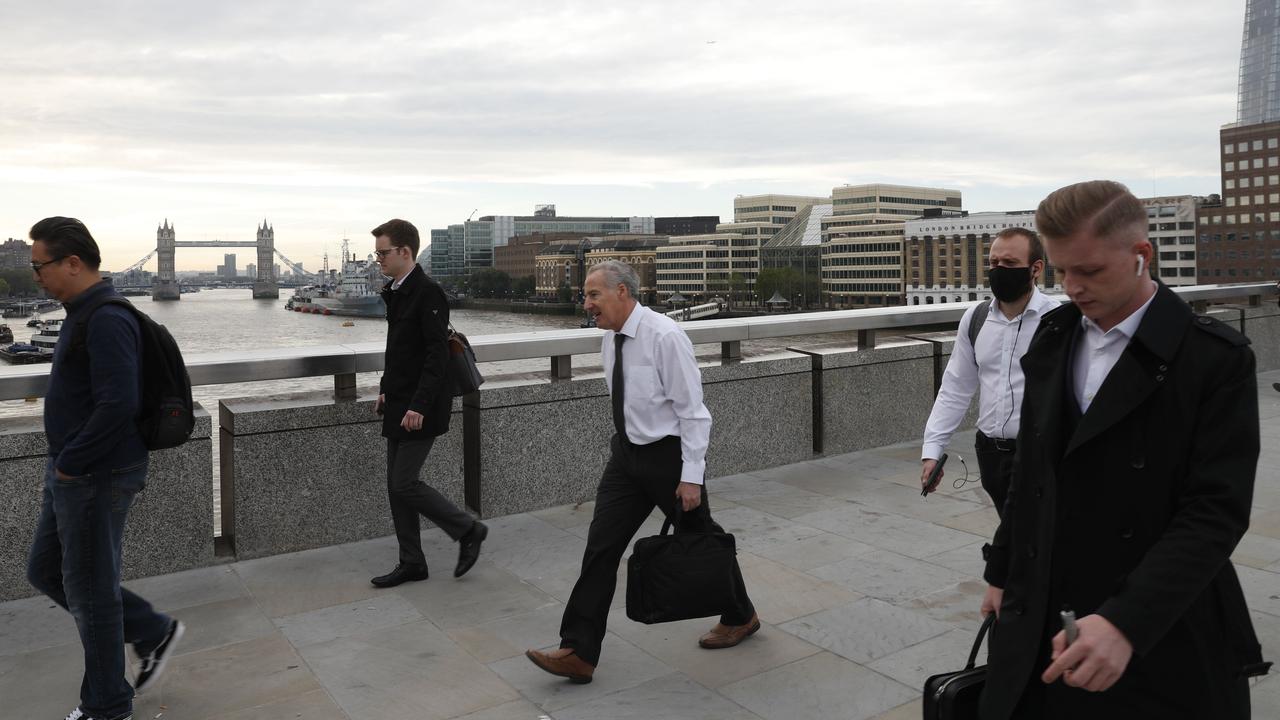
RELATED: Major setback for AstraZeneca, University of Oxford vaccine
Meanwhile, Mr Johnson has confirmed gatherings in England will be reduced dramatically from next week amid a spike of COVID-19 infections raising fears of a second wave.
“I want to be absolutely clear, these measures are not another national lockdown,” he said on Wednesday.
“The whole point of them is to avoid a second national lockdown.”
He added: “It breaks my heart to have to insist on these restrictions.
There were 2659 new coronavirus cases reported in the UK on Wednesday – the fourth day of more than 2000 reported cases.
There were 2460 new cases on Tuesday and 2094 of those were in England.
The daily case total did not rise above 1000 for all of July and – prior to September – it last reached the 2000s in May.
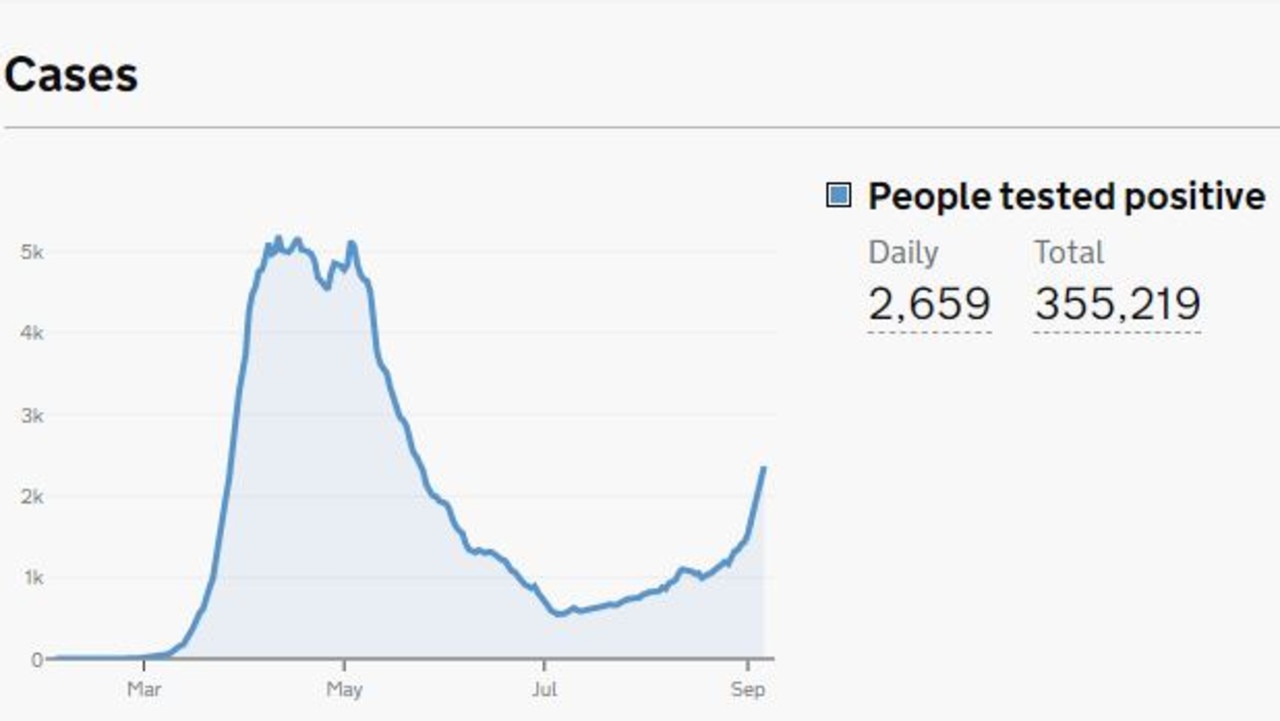
Daily deaths in England also rose from two on Monday to 27 on Tuesday with more than 41,500 recorded across the UK since the pandemic began – the highest in Europe.
England’s deputy chief medical officer Professor Jonathan Van-Tam is very concerned about the case rise, saying people have “relaxed too much” and it is time to re-engage and realise the coronavirus “is a continuing threat”.
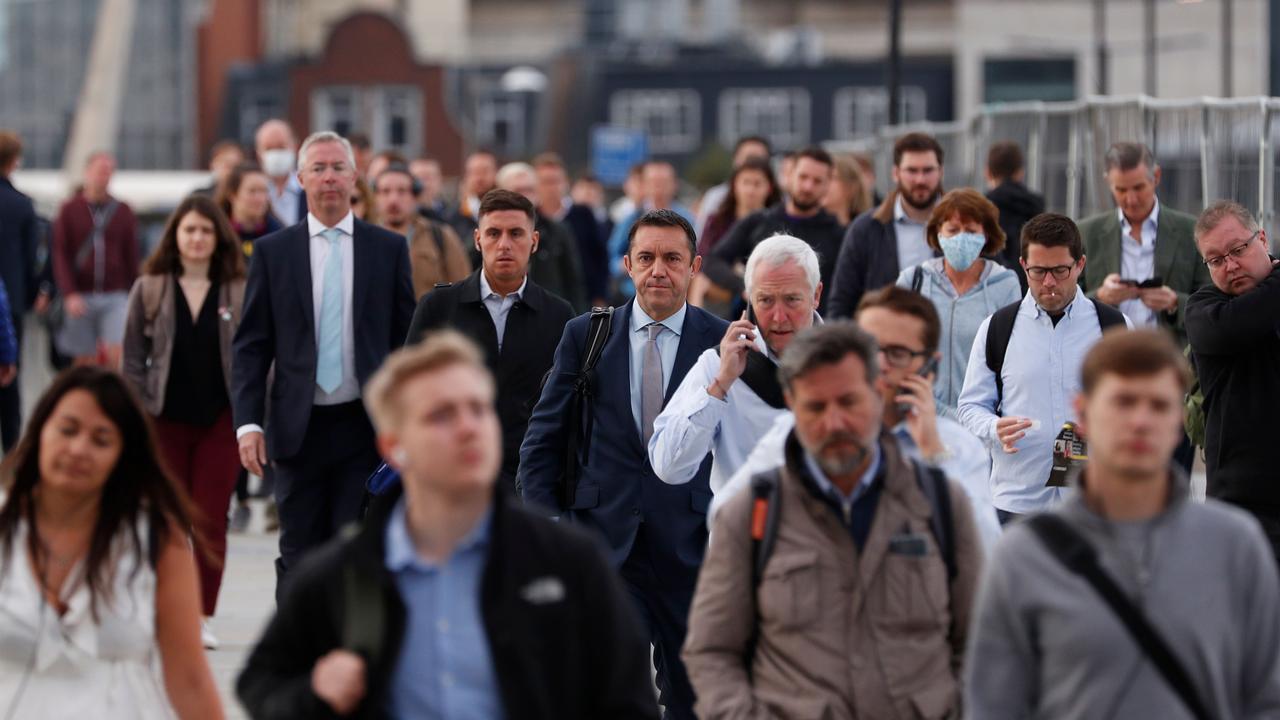
He said the British public should start taking the pandemic seriously again or face a “bumpy ride over the next few months”.
The government currently says people must not socialise outside in a group of more than six people from different households, but the law actually puts that limit at 30 in private spaces.
But from Monday, September 14, the law for gatherings in England will be reduced to six people meeting anywhere socially indoors or outdoors, with some exemptions including large families, weddings, funerals, organised team sports, workplaces and educational settings.
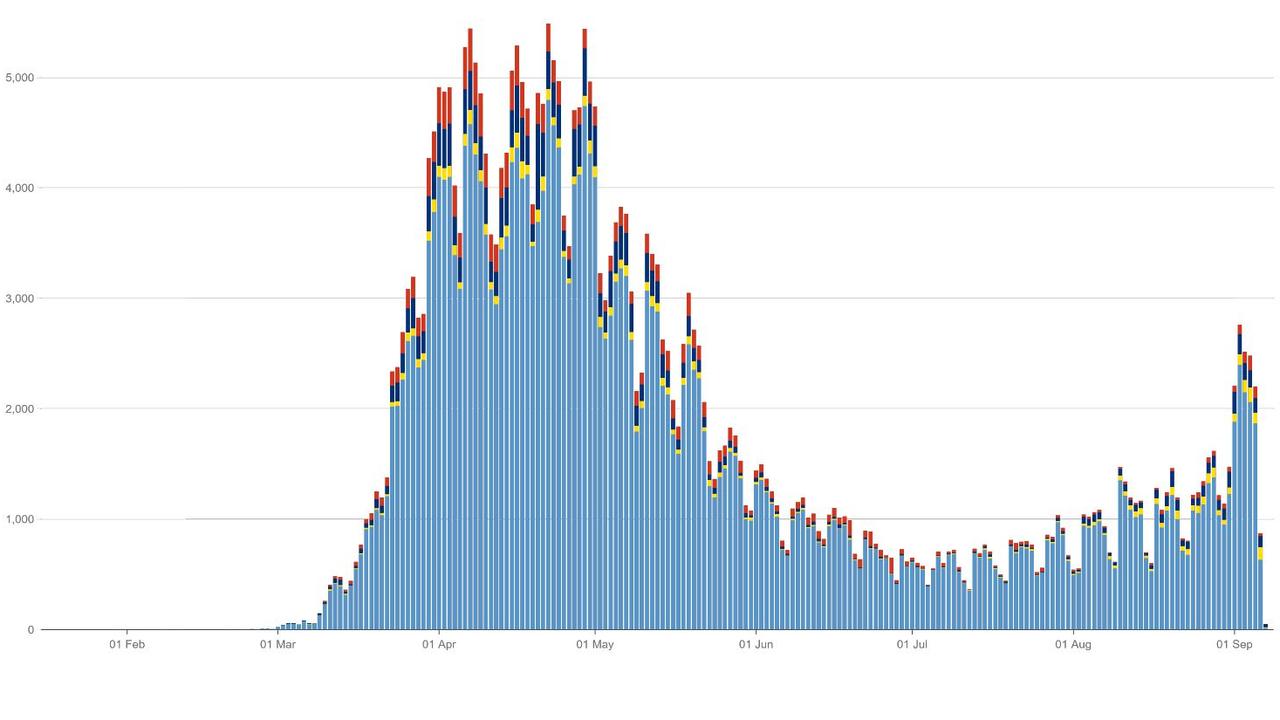
“We are simplifying and strengthening the rules on social contact – making them easier to understand and for the police to enforce,” Mr Johnson said.
“It is absolutely critical that people now abide by these rules and remember the basics – washing your hands, covering your face, keeping space from others, and getting a test if you have symptoms.”
Groups of seven or more people gathering anywhere risk being dispersed by police or fined for noncompliance.
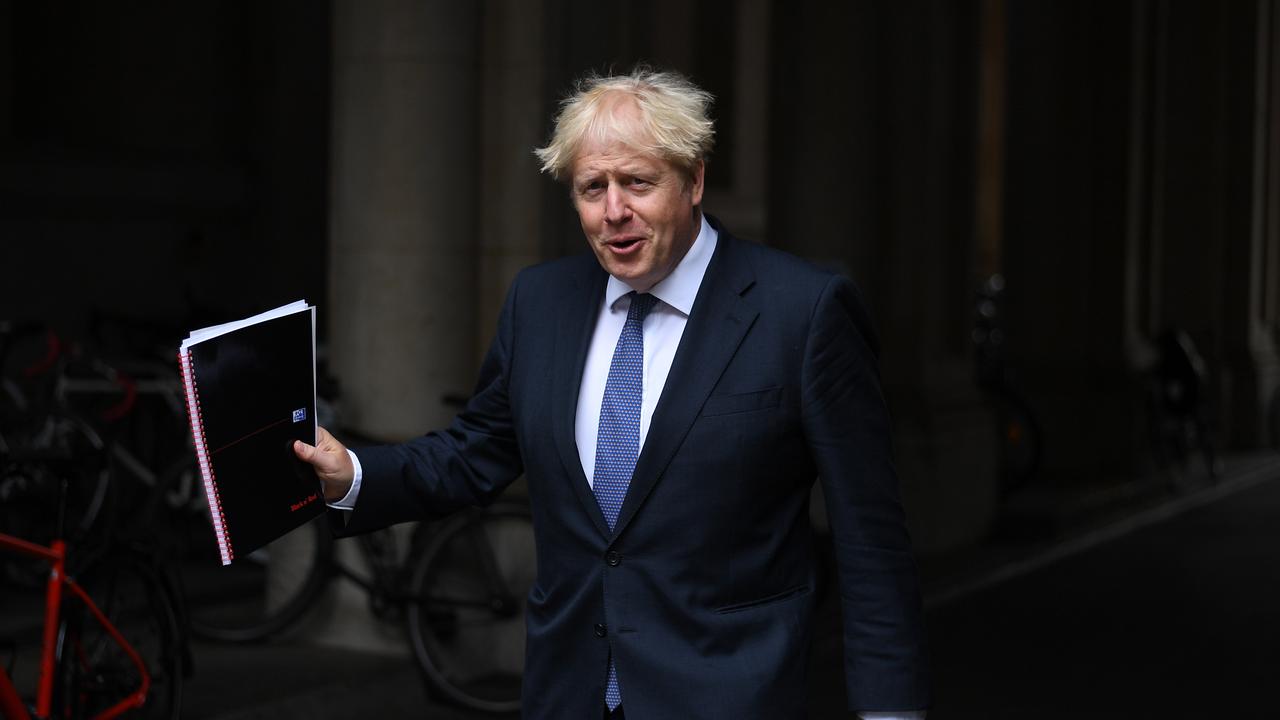
A ROLL-OUT OF TOUGHER RESTRICTIONS
On Tuesday, the government imposed tougher restrictions on Bolton in northwest England after a “very significant rise” in coronavirus cases.
Health Secretary Matt Hancock said contact tracing data had shown this was “partly due to socialising by people in their 20s and 30s”.
After identifying a number of pubs as hot spots, he announced curbs on hospitality venues, including reduced opening hours, and a ban on locals socialising with people outside their household.
The latest targeted local restrictions come as the government tries to get the economy moving again after months of lockdown imposed in late March.
It has encouraged people to go back to work and use a government-subsidised restaurant scheme to boost revenues for eateries hit hard by the shutdown.
Critics say such measures have only exacerbated infection rates as young people in particular head out to pubs with scant regard for social distancing.
Mr Hancock warned that although younger people were less likely to develop serious forms of COVID-19, they could easily pass it to those more vulnerable, particularly the elderly.
– with AFP



